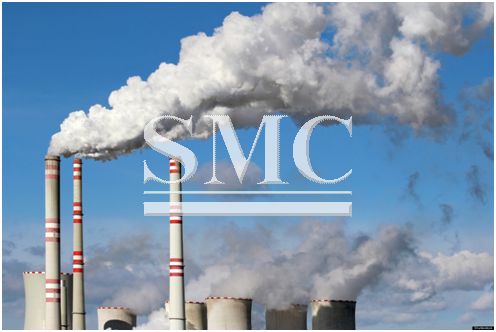
- Company overview The heart of SMC Vision & Philsophy Partnership Certifications Company culture
- Our service Design and Engineering Maintenance and Service Examine Production Line Upgrade and Transformation Storage and Logistics Processing, Trading and Distributor
- Management Our history Global responsibility Info Center
- Procurement center Internship
- Metal Steel Products Stainless Steel Products Aluminum Products Copper Products Galvanized Steel and PPGI Special Alloy Building Material
- Containers ISO Standard Container Equipment Container Storage Container Container House Refrigerated/Reefer Container Offshore Container Tank Container Container Fittings Container Trailer
- Gas Cylinder & Fire Extinguisher Cryogenic Liquid Cylinder Oxygen Gas Cylinder Storage Tank CNG Gas Cylinder LPG Gas Cylinder Hydrogen Gas Cylinder Nitrogen Gas Cylinder Industry Gas Cylinder Fire Extinguisher
- Metal Machinery Forming Machine Other Machinery Cutting Machine Processing Machine Bending Machine Block Machine Motor Spare Parts
- Mechanical Products Vehicle Industry Miscellany Mooring Equipment Marine Equipment Pressure Vessel Conveyor Belt Laser Equipment Bearing
- Electrical System Electrical Cable Automation Power Distribution Solar Power System Electric Protection System Transformer Production Line Lighting System
- Project Fiberglass Reinforced Plastic Plastic Pipes and Pipe Fittings Pontoon System
EU Discusses Taxes On Carbon
On February 15th the European parliament voted on plans to raise the cost for firms to produce Carbon. In response, many European manufacturers say this tax gives advantage to foreign producers as it is much harder to regulate carbon emissions from overseas.
The latest reforms try to increase the price of carbon by putting the EU’s first tax on carbon imports by way of cement products. European steel manufacturers say this tax should also be included in their industry as steel manufacturers are generally large producers of carbon. As taxes rise, European Steel manufacturers will constantly feel pressure from foreign competitors who have a lower carbon cost.
The biggest problem for the EU in creating an import tax will be in the calculation of carbon usage for imports. Because with materials made up of multiple metals or from different sources, it is incredibly complex to determine the carbon output. Certain countries may not even be willing to provide the necessary information to do the calculation. Also, any inspection method used would also need to be used on local companies or it would impact WTO regulations.
In a think-tank study by several economists at the DIW Berlin, it was found that there is little evidence that raising the price of Carbon for European companies has had any effect on trade.
The thing that has most economists worried about imposing import tariffs is the threat of a potential tariff war. If increasing taxes on metal materials puts too much pressure on manufacturers, governments may be forced to respond by putting tariffs on European goods. The taxes could only go up from there, causing more problems than what the original tariff solves.

Shanghai Metal Corporation is a trusted aluminum alloy, aluminum foil price, stainless steel price and stainless steel manufacturer, kinds of stainless steel in china.
